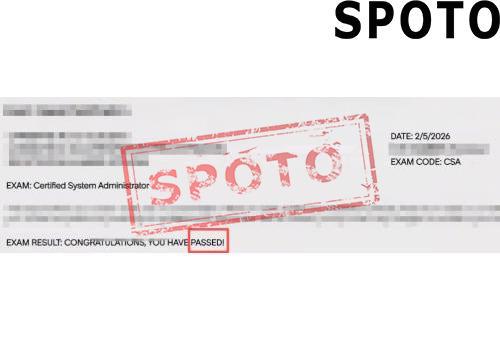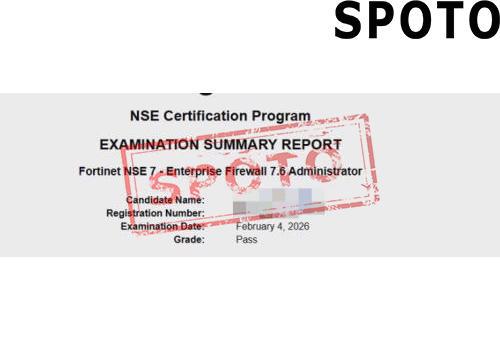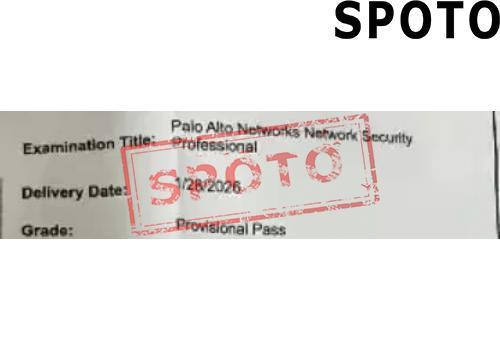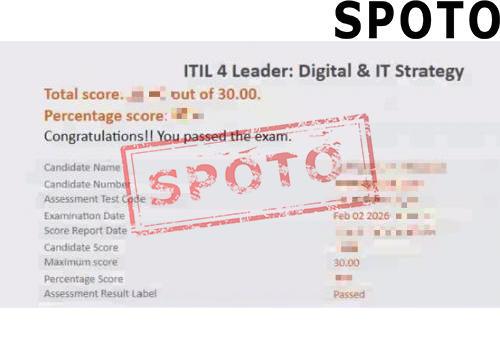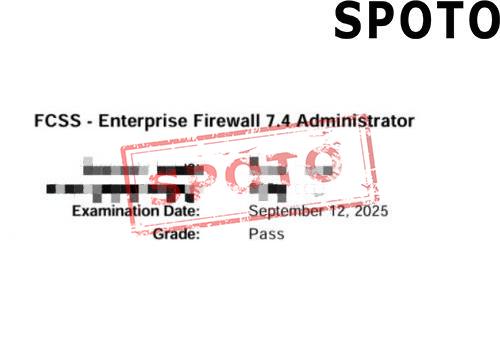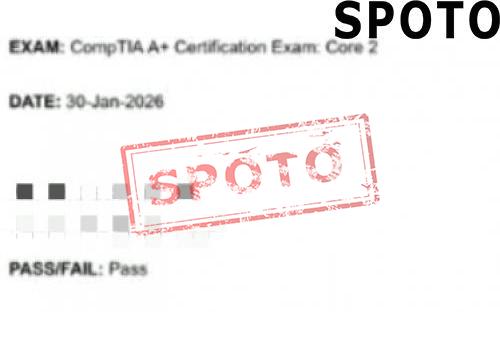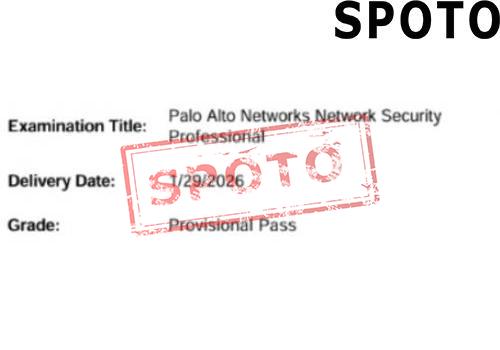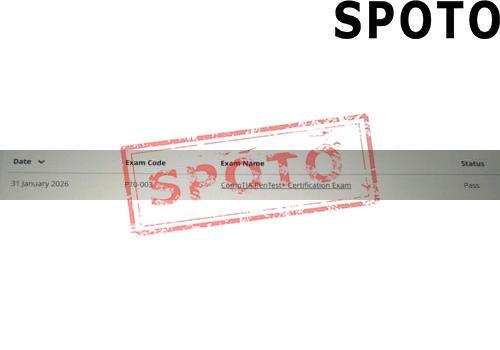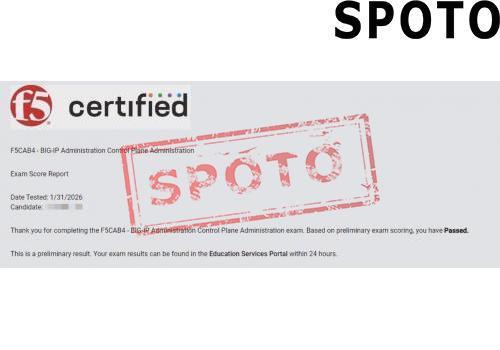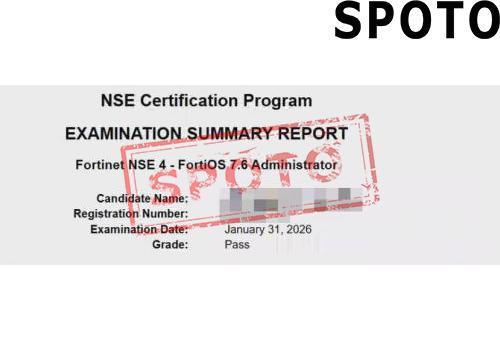
Table of Contents
- 1. Introduction to the Certified Kubernetes Security Specialist certification
- 2. The Competitive Edge of a Certified Kubernetes Security Specialist Certification
- 3. Core Components of the CKS Certification
- 4. What are the requirements to be a Certified Kubernetes Security Specialist?
- 5. Comparable Certifications to Certified Kubernetes Security Specialist Certification
The Certified Kubernetes Security Specialist (CKS) certification is a professional certification in the field designed to enhance practitioners' Kubernetes security expertise.
1. Introduction to the Certified Kubernetes Security Specialist certification
Certified Kubernetes Security Specialist (CKS) is a professional certification jointly launched by the Cloud Native Computing Foundation (CNCF) and the Linux Foundation, focusing on the security field of Kubernetes container orchestration platforms. It aims to verify your professional knowledge, skills, and practical abilities in ensuring the security of Kubernetes environments, helping them effectively address complex security challenges in containerized application scenarios.
The core of Certified Kubernetes Security Specialist certification is to cultivate and certify professionals who are proficient in Kubernetes security mechanisms, able to provide comprehensive security protection for Kubernetes clusters, containerized applications, and related resources from the perspective of enterprise security needs, develop and implement effective security policies, prevent various security threats, and handle complex security tasks such as vulnerability management, access control, and data protection properly.
These professionals are like the "guardians" of the enterprise Kubernetes security defense line. They have a deep understanding of the strict requirements of enterprise business for containerized application security. With proficient use of Kubernetes security features and tools, they effectively respond to many security challenges such as malicious attacks, data breaches, and abuse of rights, helping enterprises ensure the stable operation of critical business in a secure and reliable container environment, and protecting the core data assets and reputation of the enterprise.
2. The Competitive Edge of a Certified Kubernetes Security Specialist Certification
Obtaining CKS certification means that you have passed the assessment of professional institutions and mastered the standard Kubernetes security knowledge and skills. When applying for positions involving various aspects and levels of Kubernetes security, it is easier to win the favor of enterprises.
CKS certification focuses on the key area of Kubernetes security and is an important support for you to transition from traditional security, operations, and system management positions to high-level Kubernetes security positions. By obtaining the Certified Kubernetes Security Specialist (CKS) certification, you can broaden your career development path and often see a significant increase in salary and benefits.
The process of preparing for exams and obtaining certifications enables you to systematically and comprehensively learn various knowledge and skills in the field of Kubernetes security, from basic concepts to specific aspects, providing a solid knowledge platform for further in-depth research and practice of Kubernetes security, which is helpful for your future career development.
Kubernetes security technology and concepts are rapidly evolving, with new security threats, defense mechanisms, and compliance requirements constantly emerging. Although the Certified Kubernetes Security Specialist (CKS) certification is valid for 2 years, it does not mean that you can stop learning. On the contrary, in order to keep up with the development of the industry, you need to continuously pay attention to industry trends, learn new knowledge and skills, master cutting-edge practical cases such as the application of zero trust architecture in Kubernetes and AI based security threat detection, and ensure that your professional abilities always adapt to the constantly changing new situation in the Kubernetes security field so as to maintain an advantage in your career development.
3. Core Components of the CKS Certification
The CKS certification system has built a complete knowledge system in the field of Kubernetes security, covering core skill modules from cluster security, container security to network security and compliance management.
Through learning, you will gain a deep understanding of multi-level security concepts such as clusters, containers, networks, and data, as well as RBAC mechanisms. You will master cluster initialization security settings and security reinforcement methods for core components, be proficient in container image security scanning and vulnerability repair, and configure container runtime security policies.
Secondly, you will gradually become familiar with network policy configuration, implement network encryption and access control mechanisms, master RBAC fine permission management, achieve secure isolation in multi tenant environments, master data storage encryption and transmission encryption technologies, and ensure the security of data throughout its lifecycle
Finally, you can use tools such as Prometheus and Falco to establish a security monitoring system, conduct security audits, master vulnerability scanning and repair processes, establish emergency response mechanisms for security incidents, and develop comprehensive security strategies to meet industry regulatory and compliance requirements
4. What are the requirements to be a Certified Kubernetes Security Specialist?
(1) Qualification prerequisites:
CNCF usually recommends candidates to have some work experience in container technology, Kubernetes management, and security related fields. Generally, at least 2-3 years of relevant work experience is required, and practical work experience will help better prepare for the exam.
Although there is no strict educational requirement, having a college degree or above in computer science or information technology is more advantageous for preparing for exams.
(2) Training and examinations:
The CNCF exam usually lasts for about 120 minutes, and the question types mainly include multiple-choice questions, multiple choice questions, operation questions, etc. It tests your understanding, application, and analytical abilities in various aspects of Kubernetes security to verify whether you have the corresponding professional competence.
According to the standards set by CNCF, candidates need to achieve a certain percentage of scores in order to pass the exam. The exam fee is roughly around $395.
(3) Qualification maintenance:
The CKS certificate is generally valid for 2 years, during which it can prove that the holder has the corresponding Kubernetes security professional capabilities In order to maintain the validity of the certificate, you need to accumulate certain credits by participating in CNCF accredited continuing education activities during the validity period.
5. Comparable Certifications to Certified Kubernetes Security Specialist Certification
- Certified Information Systems Security Professional (CISSP)
- Google Professional Cloud Architect
- Certified Kubernetes Administrator (CKA)
- Red Hat Certified Specialist in Openshift Administration
